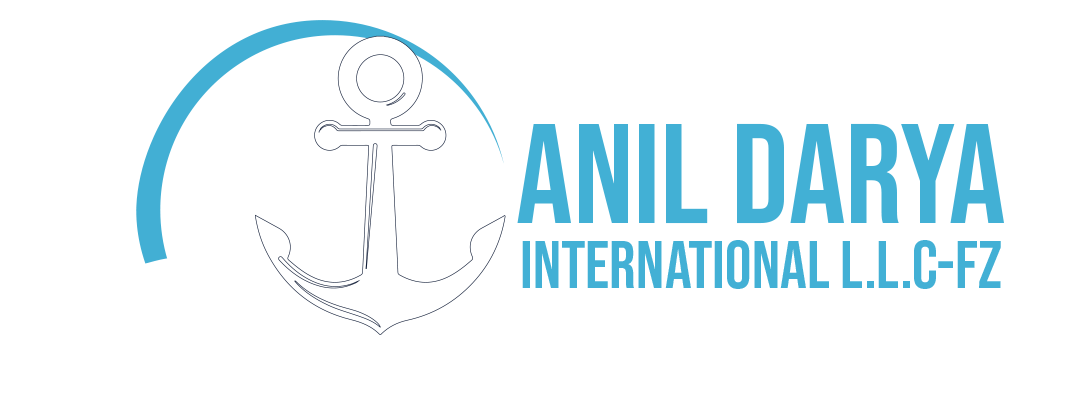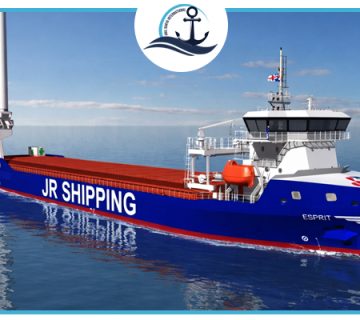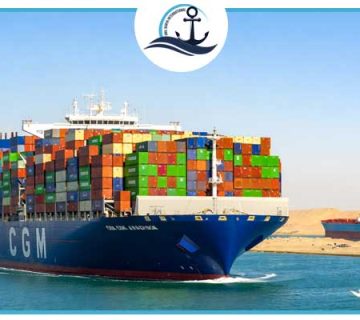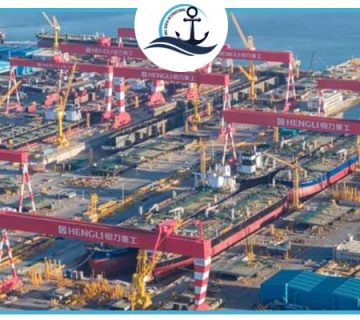|
Getting your Trinity Audio player ready...
|
Sweeping Sanctions Reshape Global Maritime Trade
U.S. President Donald Trump has imposed sweeping new sanctions on Rosneft and Lukoil, Russia’s two largest oil producers, calling them “tremendous sanctions” aimed at pressuring Moscow over the war in Ukraine.
The move — among the strongest energy restrictions since Trump’s return to the White House — is now reshaping both global tanker traffic and maritime logistics routes, especially across the Middle East and Asia.
Reports from Bloomberg and Reuters suggest that Russian crude shipments to India will soon fall to almost zero, forcing refiners to source barrels from the Atlantic Basin or the Arabian Gulf. This dramatic realignment is already transforming sea freight corridors, with longer voyage distances and higher ton-mile demand.
Impact on Sea Freight and Tanker Markets
Analysts at Sweden’s SEB Bank note that the shift away from Russian crude will boost global sea freight demand, particularly for compliant tankers engaged in long-haul ocean transport between Europe, Dubai, and Asia.
“India’s pivot to non-Russian oil will strengthen the west-to-east price spread and increase demand for compliant vessels,” SEB wrote.
This trend is a potential advantage for UAE-based shipping companies like Anil Darya Shipping, which specialize in sea freight, break-bulk, and bulk cargo solutions across the Arabian Gulf, Red Sea, and Indian Ocean. As new routes emerge, Dubai ports — especially Jebel Ali and Fujairah — are positioned as key transshipment and bunkering hubs for global oil logistics.
Geopolitical and Maritime Developments
In addition to the U.S. measures, the European Union is finalizing its 19th package of sanctions, which will target four Chinese firms accused of helping Moscow bypass export restrictions. The EU plan includes a phased ban on Russian LNG imports from 2027 and stricter control of the shadow tanker fleet, impacting operations in the Suez Canal and Hormuz Strait — both vital to international sea freight.
According to Rystad Energy, these combined sanctions and security risks could cause “major disruptions to Russian crude exports and maritime supply chains”, shifting the global balance of tanker deployment and freight rates.
Opportunities for Dubai’s Maritime Sector
With Russian oil sidelined, non-Russian crude is increasingly routed through Dubai and UAE free zones, strengthening the region’s role in integrated sea freight and multimodal logistics.
Shipping operators in Jebel Ali now play a larger role in connecting Atlantic exporters to Asian refiners, using compliant vessels for safe, efficient ocean freight services.
This changing dynamic reinforces Dubai’s reputation as a maritime gateway — linking Europe, Africa, and Asia under strong compliance and sustainability frameworks.
Conclusion
Trump’s sanctions on Russian oil giants mark a turning point for the global maritime and sea freight industry.
As trade patterns shift toward longer voyages and non-Russian routes, companies specializing in ocean freight and port logistics — particularly in Dubai and the UAE — stand to benefit from new demand in the energy and bulk cargo sectors.
For Anil Darya Shipping, these developments highlight the importance of maintaining compliant, efficient, and sustainable sea freight services that connect global energy markets through the Gulf.




